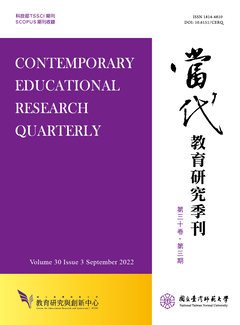

This action research reports how a college English teacher improved heressay writing instruction. The original course design consisted of instructionand four rounds of drafting and revising under assigned topics. While theteacher had been busy enough giving individual feedback, an importantelement of cultivating critical thinking and giving learners a voice was absentfrom the course. To address the problem, the teacher required learners to writean additional essay on a topic they each chose, designed an assessmentscheme with multi-stage and multi-source feedback, and celebrated the finalproducts at the end of the semester. During the process, the teacher was nolonger the only feedback provider. Instead, essay development was arrangedinto six stages including idea generation, general outline, detailed outline,drafting, editing and proofreading. For each stage, feedback came from twodifferent sources, such as the teaching assistant and peers. The feedbackconsisted of questions and challenges and helped the author learners improvefrom one stage to the next. The resultant essays were examined against acritical thinking rubric. Analysis indicated that these essays demonstratedunique personal opinions and that the writers had control over the structure ofcritical thinking. But in terms of the soundness of reasoning, there was moreroom for improvement.

This work is licensed under a Creative Commons Attribution-NonCommercial 3.0 Taiwan License.
Center for Educational Research and Innovation, National Tawain Normal University
162, Ho-Ping East Rd, Sec. 1, Taipei, Taiwan | Tel:+886-2-7749-3670 | E-mail: cerecerq@gmail.com
CERI | NTNU | E-mail Alerts | Open Journal System
© 2014 CERI-NTNU
